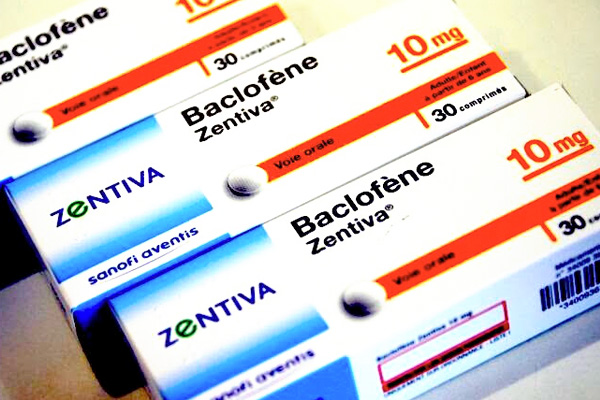Pourquoi? –
JUNE 25, 2020 – Among the issues they cited was the ANSM decision to approve baclofen before the second study was publicly available. Even before publication, the academics noted the trial sponsor — the Public Assistance Hospital in Paris — touted results in a press release. The hospital also sold study data to Ethypharm, a small company that sought regulatory approval to market the drug, although this was not disclosed in the paper. Curiously, Ethypharm also performed the analysis that was the basis for the ANSM decision.
When the Bacloville study was finally published last December, the group of researchers discovered an unexplained change in the primary outcome, a practice that is frowned upon because it can suggest an attempt to achieve desired results. The researchers contend the change in outcomes made it harder to analyze what, if any, difference baclofen had on patients, leading to a bias in favor of the drug.
“Biased trials lead to biased decisions, and biased decisions mean that people get treatment that doesn’t work, possibly don’t get treatment that does work, can be harmed by treatment and it costs the health care system more,” said Joel Lexchin, a professor of family and community medicine at the University of Toronto, and one of the researchers who have criticized the Bacloville study.



